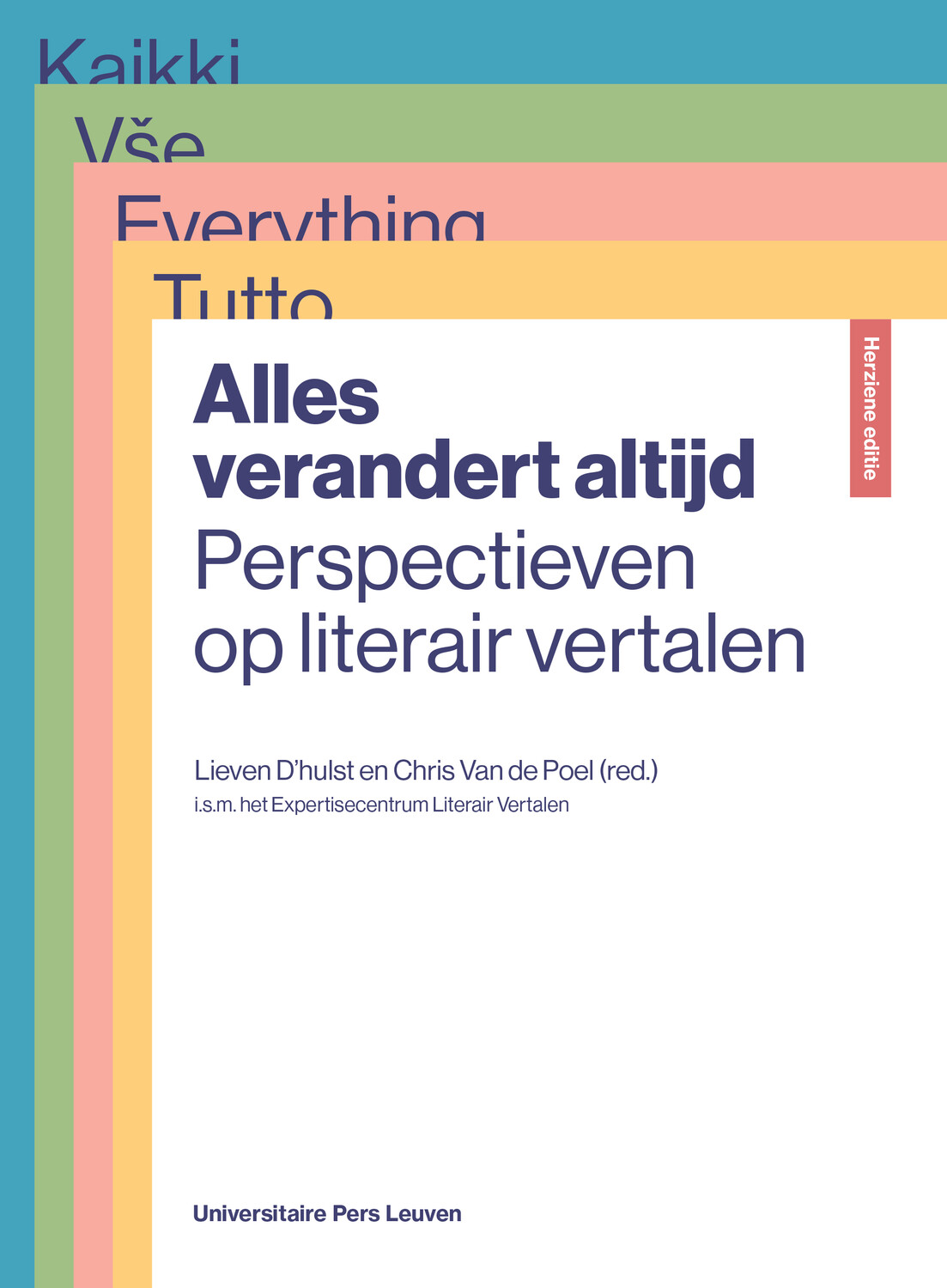"A university press is the best guarantee to find the right balance between academic rigor and the desire to reach a broad reading public."
Jeroen Dewulf, Queen Beatrix Professor in Dutch Studies, University of California, Berkeley

Academic publishing underwent significant changes over the last 50 years. Which ones do you find most striking or significant?
The professionalisation of academic publishing, especially in Europe.
What is your experience with academic publishing? Is there anything in particular that you look for or value in the collaboration with publishers?
A university press is the best guarantee to find the right balance between academic rigour and the desire to reach a broad reading public.
Peer review is central to the value of academic publishing. What characterises, in your view, successful peer review that empowers and respects authors and readers? Do you see ways in which peer review could be re-thought, for instance with respect to the inclusion of a broader set of voices that need to be heard?
I think it is especially important to find a good balance of established scholars and junior academics in the peer-reviewing teams. Too often, such teams are dominated by established scholars.
What is your experience with Open Access publishing, either as an author or as a reader? Do you identify obvious benefits or perhaps also opportunities for future development?
It is often the only way for scholars in developing countries to access your work.
What do you prefer: print or digital books? Is there a difference between what you read online and what you read on paper?
The ideal is to have both; I read a book on paper when the entire book interests me, I read it online when only a certain passage or chapter is of interest.
How important is the book cover design to you?
As an author, I value cover design, as a reader, I value this much less.
Which are some emerging topics in your field of research and/or academic publishing?
Disability Studies, the attentions for “disability”, in the broadest sense, is booming.
What would be your advice for junior researchers on the verge of publishing their first monograph?
Always look for a balance between academic rigour and a pleasant writing style.
How do you expect academic publishing to evolve over the next 50 years? Will the monograph stand the test of time?
I am dreaming of a publication form that would allow authors to keep expanding and/or improving a book over the years.











































